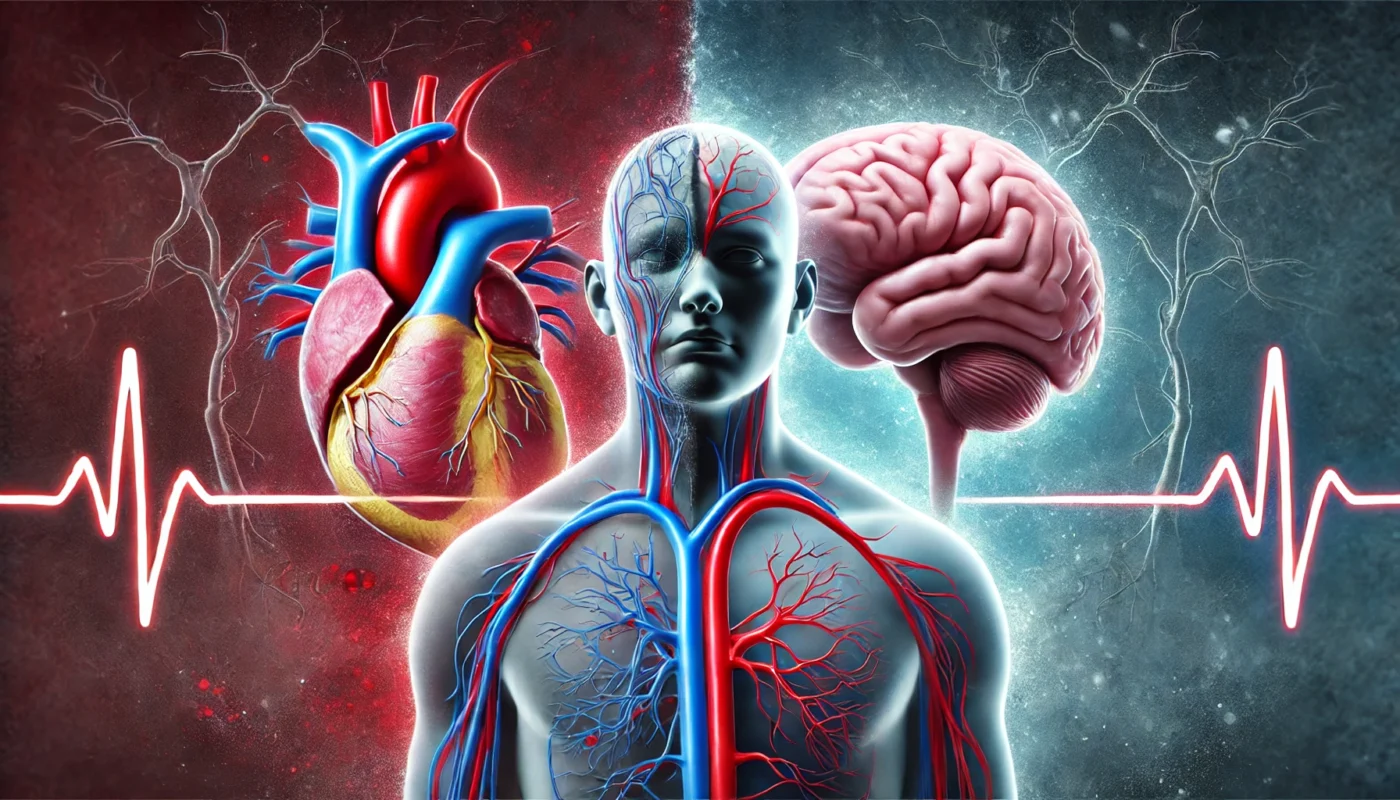Hypertension, or high blood pressure, is a chronic condition that affects nearly half of all adults globally, according to the World Health Organization (WHO). It is a major risk factor for cardiovascular diseases, kidney damage, and stroke. While hypertension is traditionally associated with physical health concerns, emerging evidence highlights its significant connection to mental health, particularly depression. Depression, a common mood disorder characterized by persistent feelings of sadness and loss of interest, often coexists with hypertension, creating a bidirectional relationship that complicates the management of both conditions. This article explores the links between hypertension and depression, the mechanisms that drive their interplay, and strategies for addressing this often-overlooked connection.
Tag Archives: Nutritional Support
Hypertension, or high blood pressure, affects nearly half of adults worldwide, as reported by the World Health Organization (WHO). While its effects on cardiovascular health are well-known, the impact of hypertension on cognitive function often goes unrecognized. Mounting evidence indicates that prolonged high blood pressure can lead to significant cognitive decline, affecting memory, decision-making, and overall brain health. This article serves as a guide to understanding the relationship between hypertension and cognitive function, identifying warning signs, and adopting strategies to address and mitigate cognitive decline.
Hypertension, or high blood pressure, affects millions of individuals worldwide, posing significant risks to heart health, stroke, and kidney function. While factors such as diet, physical activity, and genetics contribute to hypertension, stress is a major but often underestimated player in its progression. Stress activates the body’s fight-or-flight response, triggering a cascade of physiological changes, including increased heart rate, blood vessel constriction, and elevated blood pressure. Chronic stress can keep these systems in overdrive, contributing to sustained hypertension. Behavioral psychology offers effective strategies for managing stress and its effects on blood pressure. This article explores the connection between hypertension and stress and provides practical, evidence-based techniques to reduce stress and support heart health.



